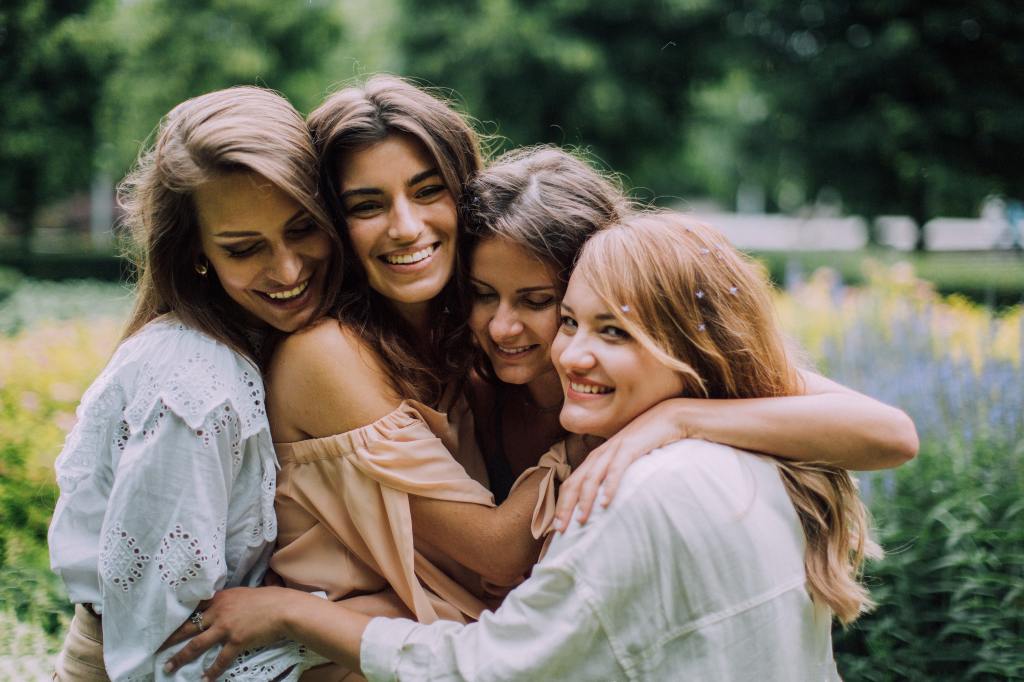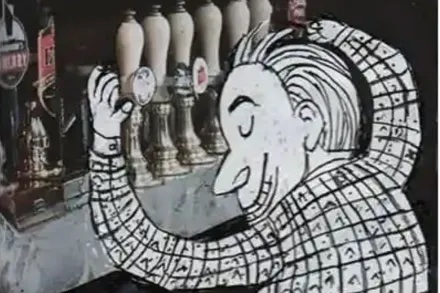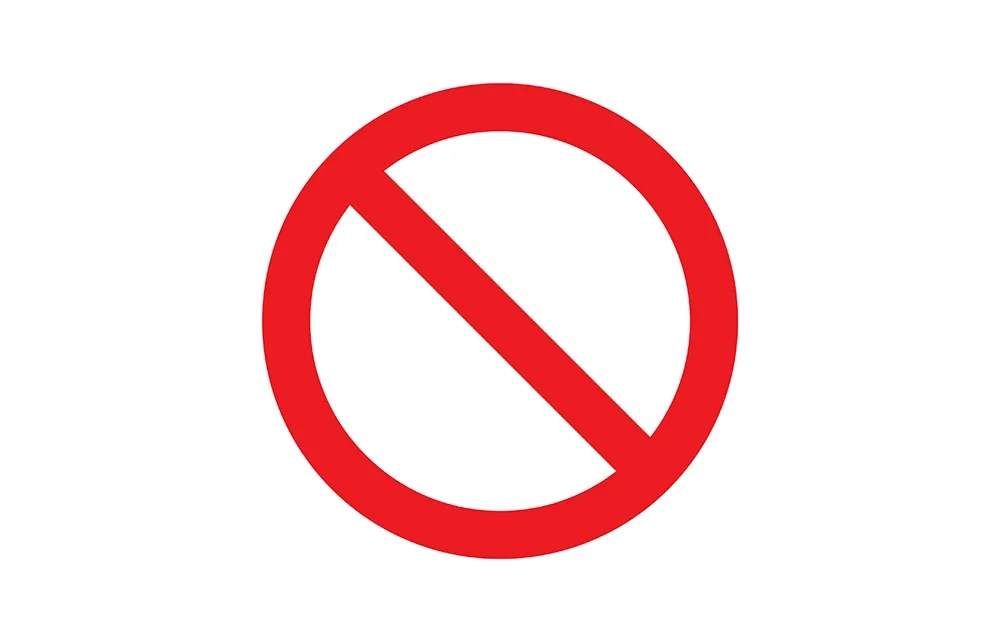Since I’m so old — sixty-four this summer — Facebook has always been my preferred form of social media. But if I was a softer soul there’s a feature on it that might really tug at my heartstrings: “See your memories.” Because many of mine — going back more than a decade — are now blank of any actual memory: “Content not available.”
I know what these were: photographs of me with ex-friends (they’d always take the selfies, as I don’t have a camera-phone) whom I’ve fallen out with and who have since deleted the photographs. In 90 percent of cases, I’d say that I was the one who caused the falling-out.
If I’m being honest, I don’t miss any of them. (Tell a lie: one of them had a disabled badge, meaning that we could park the car I bought her anywhere we liked — right outside restaurants, mostly. I felt like Princess Margaret!) But recently, being the grand old age I am, some of these friends I squabbled with have started dying. It’s a strange feeling to check someone’s Facebook page when you haven’t thought of them in years only to find dozens of sad tributes to them. Although so far it’s been nobody I was particularly close to, it has made me wonder how I’ll feel when people I was once truly good friends with die.
Agony aunts always advise young marrieds not to let the sun go down on an argument — so wouldn’t that be even truer of old friends not letting the final curtain go down on a contretemps? Am I going to feel bad that I didn’t try to make it up with them? Or am I going to think: “That was a lucky escape; X was tighter than two coats of nail polish, so it’s unlikely that they’ll have put any cash behind the bar for post-funeral refreshments — muggins here would have been buying the drinks all night!”
I’ve been thinking about my checkered friendship history recently due to the publication of Elizabeth Day’s book Friendaholic: Confessions of a Friendship Addict. I’ve never been addicted to friendship — I’m more of a binge-drinker. I don’t need friends at all — but I really enjoy them and when I do it, I go big. Because I’ve been married to various men since I was a teenager, I never did the apartment-sharing thing that lots of girls do, which perhaps led me to idealize my mates in the first flush of friendship — they always seemed to me the most amusing and attractive of women, and I never failed to be surprised when they didn’t wow my single male friends in a similar way. “You’ve got to stop telling people that X looks like Winona Ryder and Y looks like Kim Basinger,” a husband once chided me. “They don’t, and then everyone’s disappointed.” But they do look that beautiful to me — at first.
An only child with a head full of dreams and a map of the London Tube above my bed, I imagined escaping my happy home from an early age. I wanted to be a great writer, which I figured probably meant being a bad person; this didn’t make me the best at getting on with little girls, even though I was a little girl myself, so I used to hide in my room and beg my mother to make potential friends go away when they came to call for me. I was happier reading — Dorothy Parker and Oscar Wilde were my people, not those I’d been set among by some accident of birth. It wasn’t until I ran off with my second husband that I finally found my tribe and understood that the thrill of running with a fast crowd was almost as good as being alone. It was the 1980s and there was nowhere better to be than London — especially if you were a cute young journalist. The money! The clubs! The cocaine! Even St. Paul of Thebes would have found it hard to be a hermit.
On moving to Brighton in 1995 — a notorious party town where everyone was friendly — I saw no reason to change my ways. I picked up New Best Friends the way a cashmere jumper picks up lint — all I required was that they had a similar capacity for excess. I never bothered culling in those far-off, pre-plague days; in my seven-bedroomed party house with the swimming pool at the end of the orchard, I could move from group to group and never get bored.
Eventually came lockdown, and I rediscovered the joys of my own company. It was like being a girl again, when reading was an escape. But once we were allowed to see people, I found I couldn’t tolerate dull company any more. Though I never went as far as someone I knew who would regularly weep due to the anticipation of boredom before they went to lunch with their friends, I found myself merry when circumstances caused cancellation. (You’ll never hear me saying a bad word about the striking railway workers.)
Researchers say the optimum number of close friends is five; any more and the benefits to mental health decline, with having more than seven even being linked to depression. So it’s quite sensible to have regular culls. Sometimes I can get rid of loads at once — being a bad loser over Brexit will easily earn you the Order of the Boot. But I’m aware that differing political viewpoints are often a convenient and high-minded alibi for bringing an end to a friendship where the thrill has gone.
One friend was so self-obsessed I dubbed her the Queen of Me-ba and would take bets with mutual mates that we could find a topic which she couldn’t bring back to herself; it never happened, not even with emus or the sinking of the Belgrano. Another was, I realized, a terrible snob when she never even acknowledged a new friend with a menial job who I brought along to lunch, having slobbered over all the media and arty ones I’d brought before. Recently, Dolly Alderton gave advice to a reader of the Times who wrote to say their best friend was giving them “the ick”: “What is true of any relationship is that the irritation we feel is in direct relation to our respect for each other. If we lose faith in the fundamental make-up of someone we love, we lose any tolerance for their bad habits on the surface.”
I do agree with that great Peter Ustinov quote: “I do not believe that friends are necessarily the people you like best, they are merely the people who got there first.” You need to be flexible in case a potential new one comes along; as Marie Kondo asks of household objects, does this spark joy? If it does, shunt an old one along and go for it.
In turn, I’ve been dumped by a couple of friends I would rather have kept; it stings for a bit, but I’m not twelve, so I got over it. And I can count them on one hand — whereas those I’ve “let go” would be in three figures. The best thing is when you both go off each other at the same time — no muss, no fuss. I remember one girl I would have crossed continents to be with; last winter, following much mutual fussing and squealing in anticipation of meeting up after more than a year, she finally made it to Brighton. When I looked out of the window that morning and saw the rain, I didn’t want to go out to lunch and be entertaining; I wanted to stay in on my chaise longue by the fire and write. I sat at my computer trying to find the perfect excuse — and as I pinged my fork-tongued alibi to her, she did the same to me. It was a lovely moment, recalling the perfect harmony of our first summer as friends.
“You’ll end up alone!” I hear. But I haven’t — and I’m basically an OAP, so when’s it going to happen? Because I don’t cohabit with my husband, we meet in bars and restaurants, as friends do; it’s easy to get into a rut with someone you’ve been with for a quarter of a century, but we are fortunate enough not to have to worry about domestic routine. But even more than this, I’ve got myself. I love being alone — the company is always scintillating — so the warnings of future loneliness don’t really land.
So back to Facebook and those wiped memories. “You’re all caught up,” the site helpfully informs me at the end of a blank page — is it being cheeky? Because I’m not caught up — not pining for friendships that are better left in their shallow grave than brought back to a half-life, like the grim revenant cat in Pet Sematary. Yes, I may feel bad if they go first — but none of us knows the moment of our death, and what if I went before them? Then I’d have made up with a legion of people I was relieved to unload for no reason at all; all the freeloaders, buzz-kills and, worst of all, mediocre writers whose stuff I pretended to like! And if I do kick the bucket first, I’d like to think of them — all of them born bit-players — sitting around slating me. I may be a hard-hearted Hannah, but at least I won’t waste a minute of my lovely life having dreary duty-lunches with a friend I should have parted from a long time ago — for both our sakes.
This article was originally published in The Spectator’s UK magazine. Subscribe to the World edition here.

























